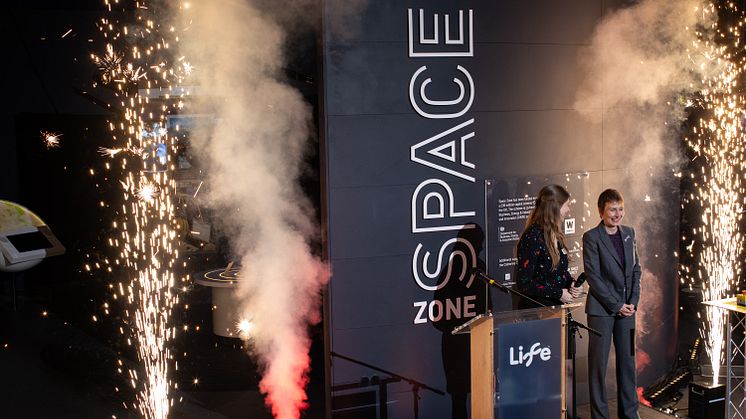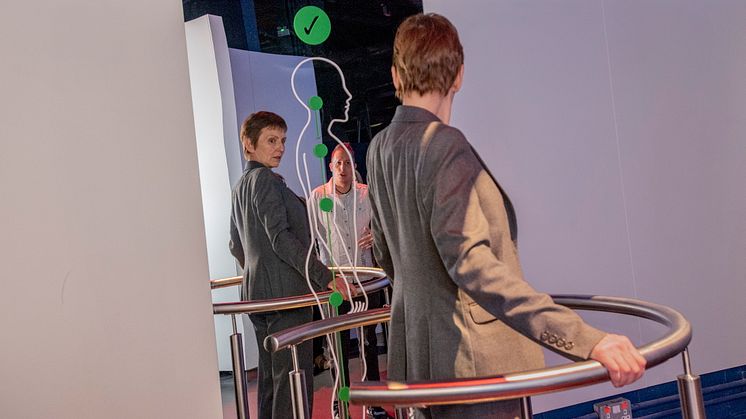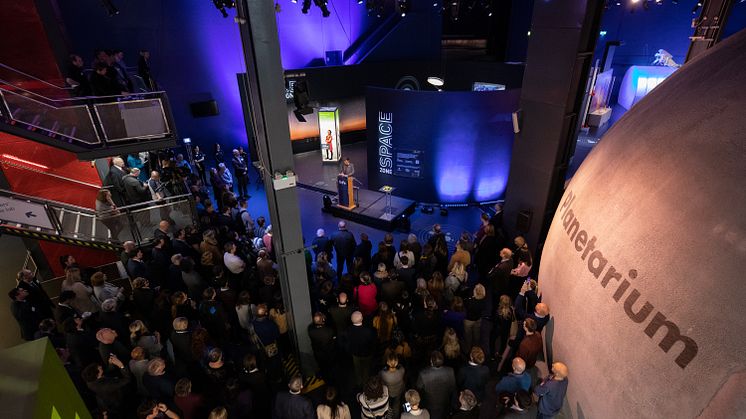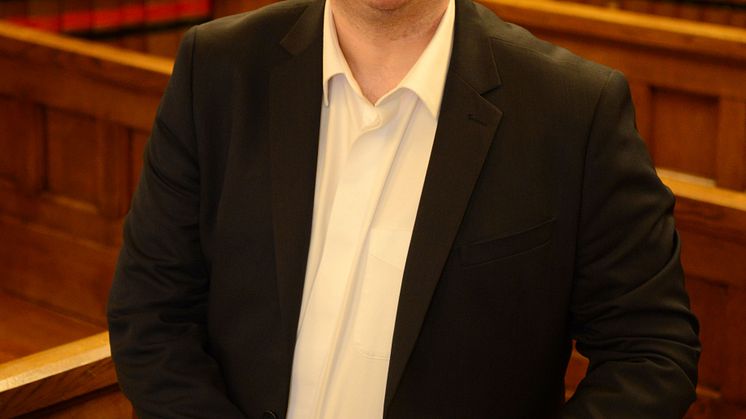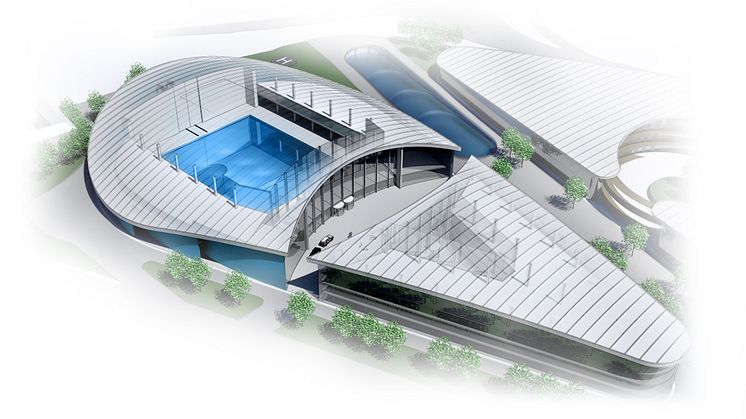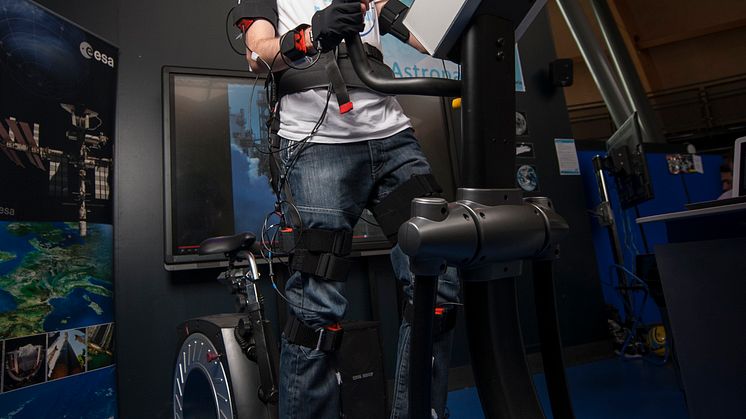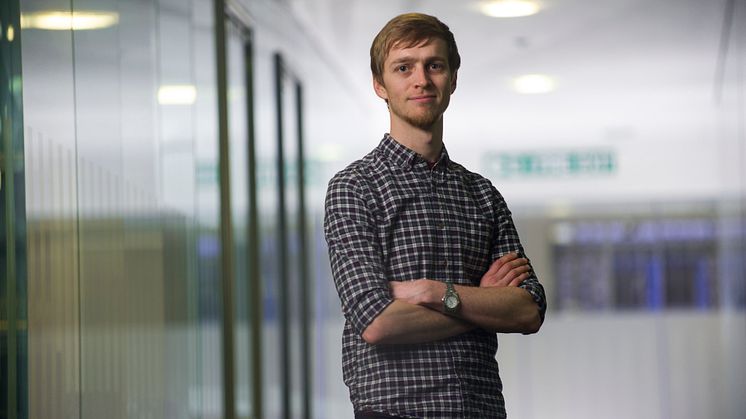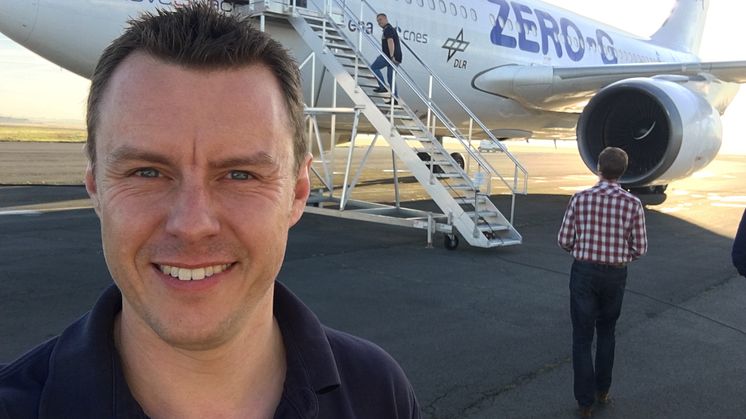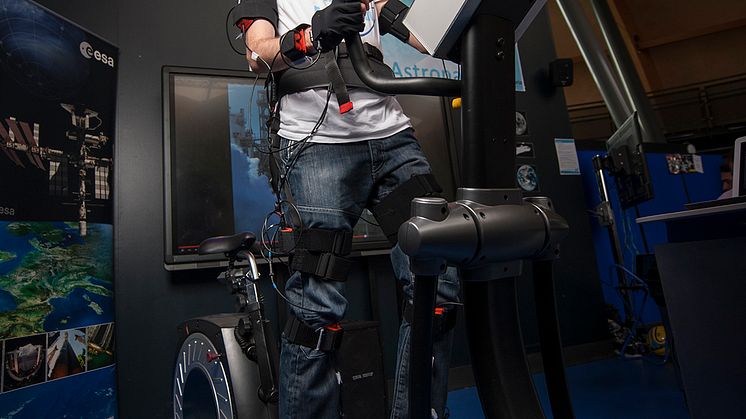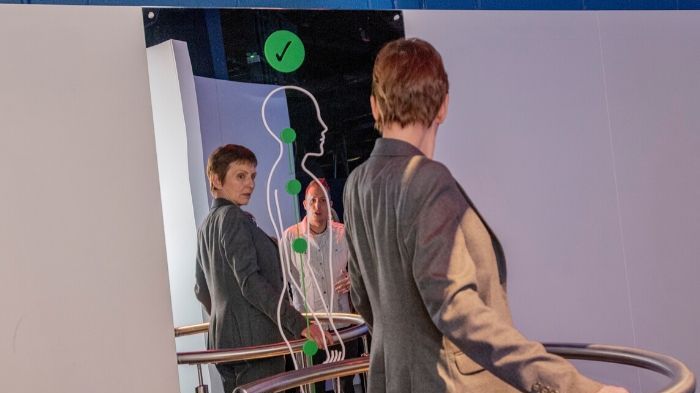
Press release -
Northumbria academics launch Astronaut Rehab research at the Life Science Centre’s new Space Zone
A new space exhibition that features research from Northumbria University has launched at Newcastle’s Life Science Centre.
Officially launched by Britain’s first astronaut, Helen Sharman, Space Zone brings space exploration to life.
The permanent exhibition invites visitors to launch their own rockets, climb inside a mock-up model of part of the International Space Station, touch a genuine Moon rock and watch informative shows on a digital globe.
Guests can also discover how we're already using space technology in our everyday lives and learn how the future of space exploration is being shaped right here in the North East.
Development of the new attraction at the Life Science Centre has involved more than 150 scientists, engineers and space experts, including several academics from Northumbria University’s Department of Sport, Exercise and Rehabilitation.
Astronaut Rehab is an area of Space Zone that show cases the human spaceflight research conducted in Northumbria’s Aerospace Medicine and Rehabilitation (AMR) Laboratory that is led by Professor Nick Caplan.
The AMR Lab has become a world leader the field of spinal changes and back pain rehabilitation in astronauts. This has been driven by Professor Caplan’s growing research team including Dr Andrew Winnard, Dr Enrico De Martino and PhD students Kirsty Lindsay, Jonathan Laws and Patrick Swain.
A fully interactive display, Astronaut Rehab includes three exhibits: a BOSU balance ball, a core strength challenge and a specially created museum-friendly version of the Functional Re-adaptive Exercise Device (FRED).
FRED is an anti-gravity exercise device designed to train the muscles that help control a stable spine and pelvis during all types of normal daily movements. Astronauts often require rehabilitation for these muscles after space missions.
Dr Andrew Winnard, Lecturer in Musculoskeletal Biomechanics and lead of the Aerospace Medicine Systematic Group within the wider AMR Lab, provided consultation for the Astronaut Rehab installation. Dr Winnard explains: “While in space, astronauts float in microgravity for several months, not needing to use their postural muscles, which become smaller and weaker. This can lead to back pain and risks of prolapsed discs when they return to Earth and have to stand upright against gravity again.
“The idea of the Astronaut Rehab area is to help people understand the technology and techniques developed around space medicine and astronaut health and to show how it can help improve medical practice on Earth for everyone.”
Other academics from the University’s departments of Mathematics, Physics and Electrical Engineering, Computer and Information Sciences and Northumbria Law School also contributed to the new Space Zone exhibition.
Dr Chris Newman, Professor in Space Law at Northumbria, was a member of the advisory group who consulted on the project, sharing their expertise and ideas.
At the launch event, Linda Conlon, Chief Executive of Life, said: “There is an enormous variety of space careers in the UK and one of the main purposes of our exhibition is to get young people thinking about how they might aspire to be part of that.
“We have our fair share of challenges in the region, with lower levels of attainment in science than national average. Life is also situated very close to some areas of extreme social deprivation where kids don’t think that science is for them, let alone a career linked to something as exciting as space science. So, we have a big job to do, and this new Space Zone is going to help us do it.”
Helping to tackle the misconceptions surrounding space careers, the exhibition includes role models of people who do work in this field, including PhD student Kirsty Lindsay, who features as a great example of females working in STEM and human spaceflight at Northumbria.
Find out more about Northumbria University’s Aerospace Medicine and Rehabilitation Laboratory.
Notes to editors
Space Zone has been supported through the Inspiring Science Fund. The scheme is co-funded by the Department for Business, Energy & Industrial Strategy (BEIS), UK Research and Innovation (UKRI) and Wellcome.
Additional support has been provided by The Garfield Weston Foundation, the Catherine Cookson Charitable Trust and the UK Space Agency.
Topics
Categories
Notes to editors
Northumbria is a research-rich, business-focused, professional university with a global reputation for academic excellence. To find out more about our courses go to www.northumbria.ac.uk
TV and radio facilities at Northumbria University
Northumbria University’s academic experts are available for interview via our broadcast provider Globelynx, a down-the-line broadcast quality TV facility at our Newcastle campus.
You can book to use the Globelynx facilities direct by logging into www.globelynx.com. The IFB number is 0191 603 1630.
To request and check the availability of our experts or for any other media enquiries please contact our Media and Communications team on +44 (0)191 227 4604 or email media.communications@northumbria.ac.uk.







